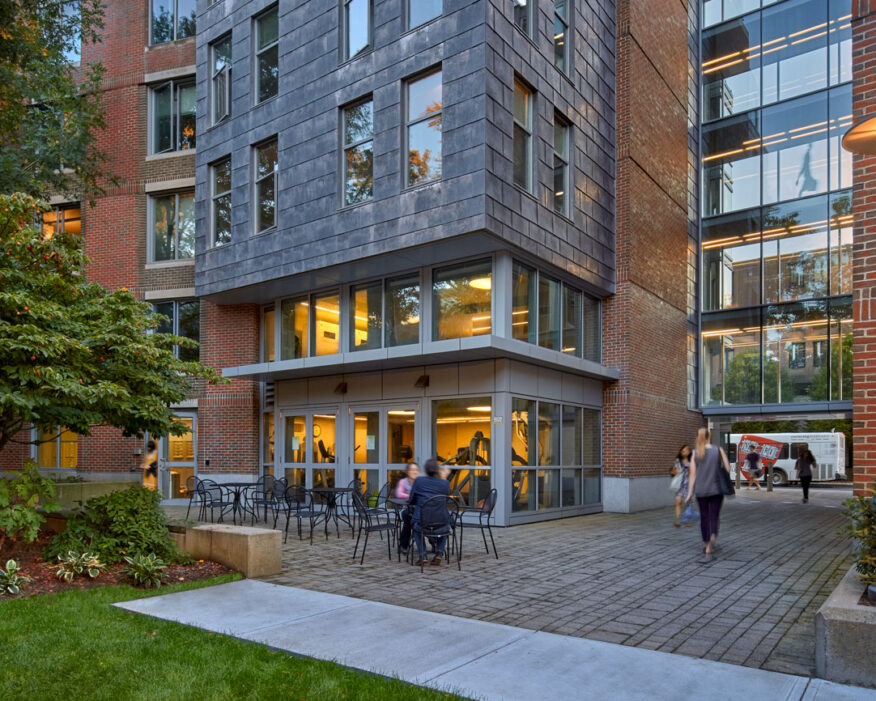Harvard University Housing
www.huhousing.harvard.edu/resident-information/sustainabilityHavard University Housing is committed to providing healthy, restorative, inclusive, and engaging places to live for all of our residents. Join HUH in its ongoing effort to build healthier, more just, and sustainable communities, both at Harvard University and beyond.
Harvard University Housing
Havard University Housing is committed to providing healthy, restorative, inclusive, and engaging places to live for all of our residents. Join HUH in its ongoing effort to build healthier, more just, and sustainable communities, both at Harvard University and beyond.

Questions about sustainability at HUH?